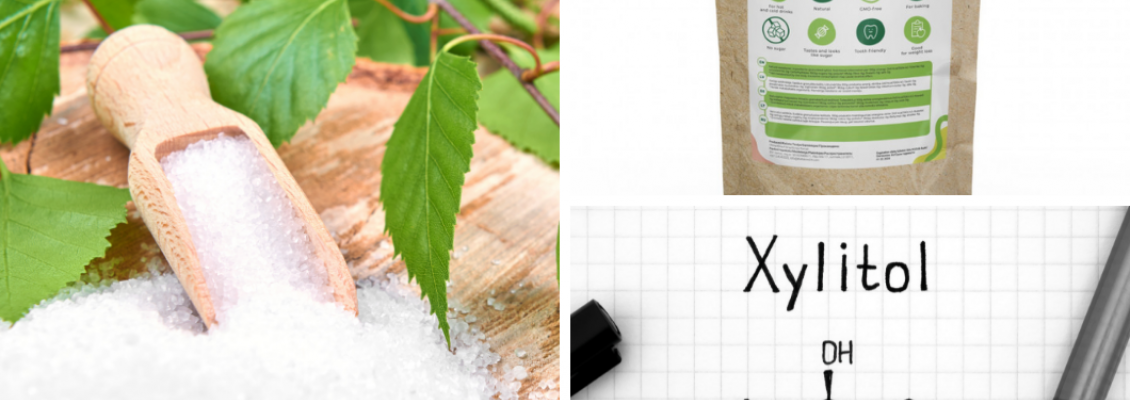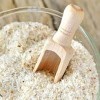
Xylitol.What is Xylitol?
Added sugar may be the most unhealthy ingredient in today's food. For this reason, sugar-free sweeteners such as xylitol are becoming popular. Xylitol looks and tastes similar to sugar, but contains fewer calories and has minimal impact on blood glucose levels. Several studies show that xylitol has various important benefits, including improved dental health. This article discusses xylitol and its health effects.
Xylitol is an odorless, white crystalline powder that has been used as a sweetener in foods for over 40 years. Xylitol is a sugar alcohol. Natural sweetener, found in berries and fruits, and even produced by the human body during normal metabolism. It is a natural sweetener that replaces sugar.
It has a pleasant, sweet taste (the same sweetness and volume as sugar), but the calorie content is one third less - about 2.4 kcal/g.
Unlike other sweeteners - sugar substitutes
It dissolves quickly and, unlike other sugar alcohols / sweeteners (erythritol, stevia, allulose, etc.), is as sweet as sugar and leaves a cool mouth feel. Accordingly, one tablespoon of sugar can be replaced with one tablespoon of xylitol, reducing calories and avoiding rapid changes in blood glucose levels.
Xylitol is currently approved for use as an alternative to sugar in over 35 countries in a range of food and pharmaceutical / oral care products as it plays a significant role in the fight against tooth decay:
- Chewing gum
- Throat lozenges
- Sweets with a cooling effect
- Cough medicine and toothpaste
Advantages:
- helps prevent tooth decay
- reduces the formation of dental plaque
- stimulates the flow of saliva
- Suitable for people with diabetes
Clinical trials have shown that eating xylitol-sweetened foods between meals significantly reduces the development of new caries, even in those who already have good oral hygiene. It also inhibits the growth of the main bacteria associated with dental caries. Xylitol will be especially beneficial for preparing food for children.
Studies in the United States on the effects of mixtures of xylitol and sorbitol in mint chewing gum on plaque (a leading cause of tooth decay and gum disease) have shown significant reductions in plaque growth.
Products sweetened with xylitol, such as peppermint and chewing gum, have a pleasant cooling effect, which together with the sweetness leads to increased salivation, which helps to restore damaged tooth enamel.
Xylitol can be beneficial for diabetics as an alternative to sugar because it minimally increases glucose or insulin levels. The glycemic index is 7 and has a reduced caloric content (2.4 kcal/g compared to 4.0 for sucrose), which corresponds to a decrease in body weight and control of glucose levels.
That is why in our range you will find Xucker products made in Germany with xylitol such as jams, chocolates, candies, cocoa, hard candies and, of course, chewing gum - all without added sugar, but just as sweet and delicious! And also buy xylitol to make your own product.
IMPORTANT!
The European Union (EU) Food Science Committee states that xylitol is safe and “acceptable” for use in food for specific nutritional purposes, while the Joint Expert Committee on Food Additives (JECFA) is the world's most prestigious scientific advisory body. at the United Nations. Food and Agriculture Organization of the United Nations. The agricultural organization has set an unacceptable daily intake (ADV) for xylitol, which is the safest category for a food additive to be classified by JECFA.
But for pets, it will be deadly!
We do not recommend using more than 30 g of xylitol as it can cause diarrhea.













